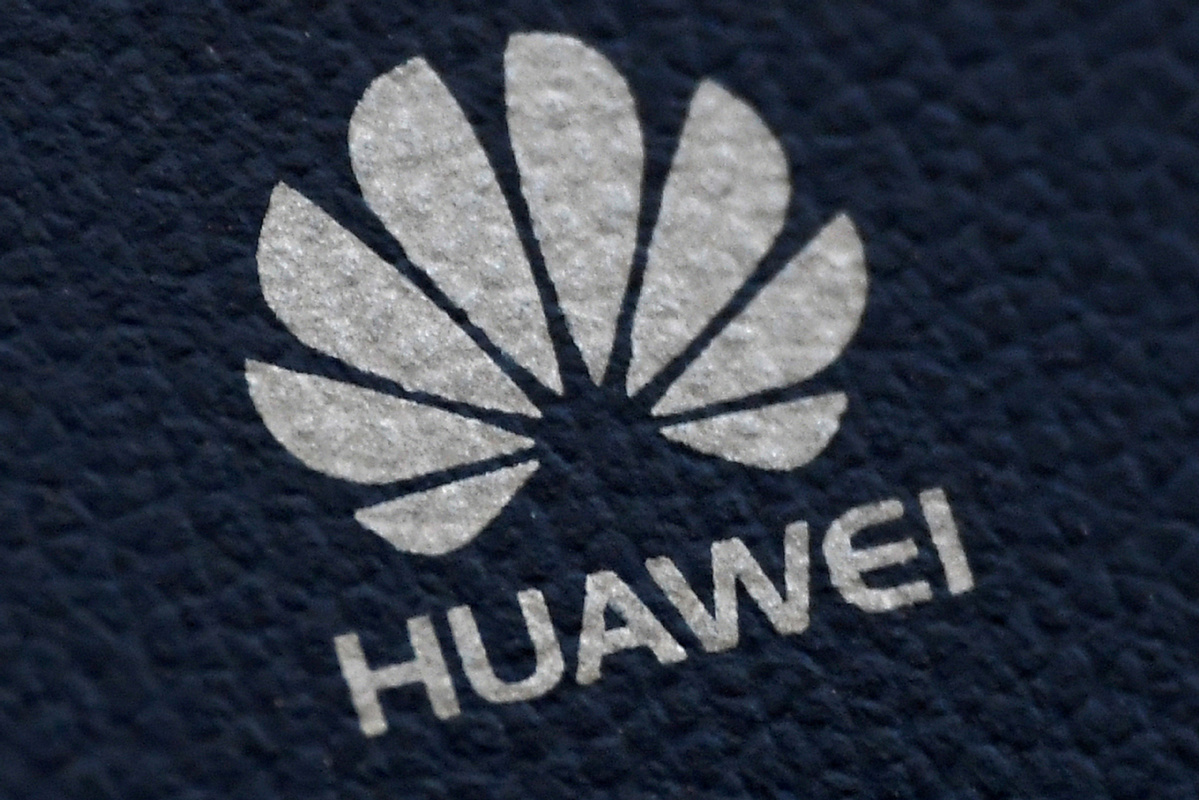Huawei urges ban rethought


The vice-president of Chinese telecommunications equipment company Huawei, Zhang Jiangang, has urged the United Kingdom government to reconsider restrictions on its operations, which he says were motivated by politics rather than evidence-based concerns about cybersecurity.
Zhang said the UK economy will suffer because of severe delays in the rollout of fifth-generation network technology, or 5G, if the nation proceeds with a phasing out of Huawei kit from telecommunications infrastructure.
"The decision is going to have a huge economic impact on the UK," Zhang said in an interview with UK newspaper The Guardian this week. "The government itself has said it will lead to a three-year delay in the rollout of 5G, and this will have a huge economic impact."
In July, the UK government announced that British mobile operators will not be allowed to source 5G equipment from Huawei as of the end of 2020, and that existing Huawei 5G hardware will also be removed from network infrastructure by 2027.
That marked an about-face from a decision in January, when Britain said Huawei equipment could be used in its new 5G network on a limited basis.
The UK ban came after intense lobbying from Washington, which urged allies to deny Chinese companies'5G contracts. The United States said Huawei posed a cybersecurity threat, though it has provided no evidence to support the claims.
Zhang said the UK Government Communications Headquarters, or GQHQ, as well as two parliamentary select committees concluded that any technical risks relevant to Huawei were manageable.
"Personally, I don't think there is a security reason for the UK to stop using Huawei," Zhang said. "The decision was a political one motivated by US perceptions of Huawei and not those of the UK. This is not really motivated by security, but about a trade war between the US and China."
An independent report published in September by technology analysts Assembly Research estimates the Huawei ban will delay 5G rollout in the UK by up to three years at a cost of 18.2 billion pounds ($24.2 billion).
"UK mobile operators are set to incur billions of pounds' worth of cost stripping out equipment from their networks," said Matthew Howett, who is principal analyst at Assembly Research. "There is also an untold cost in terms of the economy and impact on productivity a delayed 5G rollout will have, the scale of which the UK can ill-afford, given the current economic circumstances."
Zhang said a 5G delay also threatens to widen the so-called north-south digital divide in England.
"In the north, the broadband carriage and speeds are already far behind London and the south-east," he said. "The delay in developing 5G will worsen the situation. The government is committed to super-fast broadband by 2025, and with this decision the objective of levelling up becomes unachievable."
Zhang said the UK risks losing the opportunity to become a global leader on 5G innovation, at a time of economic uncertainty.
"All this is vital for the UK's recovery post-COVID and after-Brexit trade, technology, digitalization, and how to attract foreign investment to the UK," he said.































